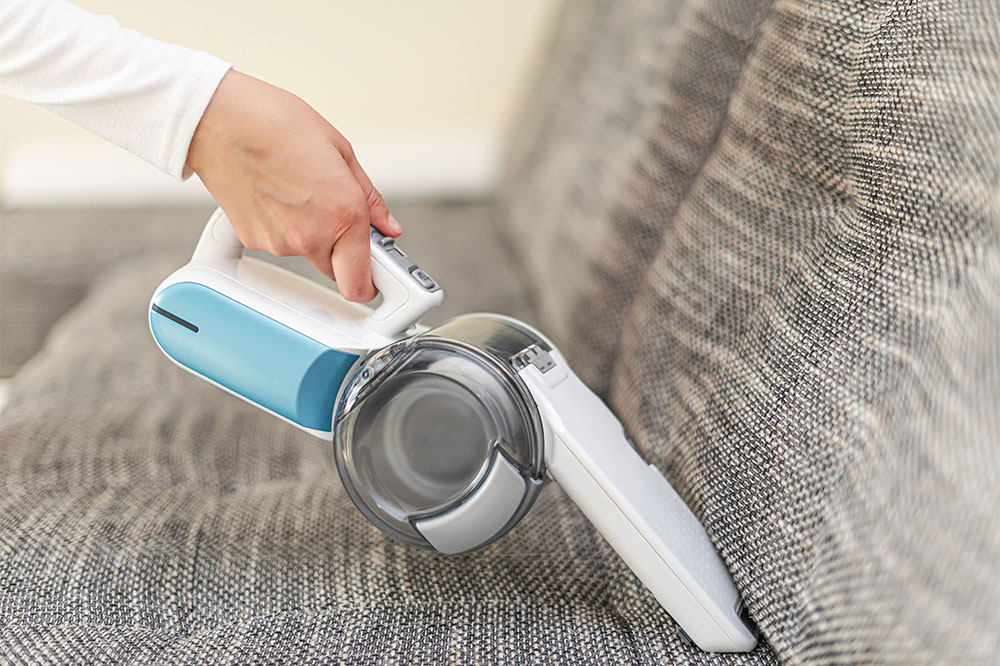5 ways to promote good bone health

The bone cells in the human body are constantly being broken down and replaced by new ones. When we’re young, the body can create new bone cells more efficiently compared to the breakdown of old bone cells. But, this dynamic changes with age, making you prone to bone diseases after a certain age. This is why it is important to build strong bones and maintain bone health. Read on to find out how.
Eat lots of fruits and vegetables
When it comes to bone health, vegetables and fruits can provide the body with the required amounts of vitamin C. Vitamin C is responsible for the production of bone-forming cells. Not to mention, the antioxidants present in these foods can help protect the bones from damage caused by free radicals in the body. Vegetables can also help increase bone density which helps prevent conditions such as osteoporosis and osteopenia.
Eat foods with high calcium levels
Calcium is the most important mineral for bone development and health. Calcium helps the body break down old cells and create new ones. It also works to protect the bone structure and improve bone strength. Note that you need not overeat foods that contain calcium. This is because the body can absorb only certain amounts of it.
Indulge in strength and weight training physical activities
Strength training and certain weight exercises can also help you build strong bones. Studies have shown that strength training can actually help children with the formation of bones. It increases the amount of bone created. In adults, strength training and weight exercises can help prevent the loss of bone by increasing bone mineral density, bone strength, and bone size.
Pay attention to vitamin D and K2
Vitamin D and K2 are both vital to building strong bones. Vitamin K2 helps modify osteocalcin, which is responsible for binding minerals and preventing the loss of calcium. Vitamin D has various responsibilities in bone health. Deficiency in these vitamins can lead to bone diseases.
Avoid low-calorie meal regimes
Following a very low-calorie meal plan can slow down your metabolism, decrease muscle mass, and damage bone health. Research has shown that low-calorie meal regimes can also lower bone density.
These steps can definitely help maintain bone health. But, those who have osteoporosis can also opt for other treatments. One such common treatment for weak and brittle bones is EVENITY® (romosozumab-aqqg). This treatment is mainly prescribed to individuals who have gone through menopause and have a high risk of fracture. Common side effects include joint pain, headaches, weakness, neck pain, and muscle spasms.
Eating healthy and adapting an active lifestyle may help in promoting good bone health. But people with significantly weaker bone density may need additional treatment. Prolia® (denosumab) works by slowing down bone loss. This reduces the risk of fractures and broken bones. If you’re looking to get a Prolia® shot, check your Medicare plan thoroughly. If Prolia is covered under Medicare Part B, the plan should cover 80 percent of the cost of the shot. This means that you will only have to bear 20 percent of the shot’s expenses.









